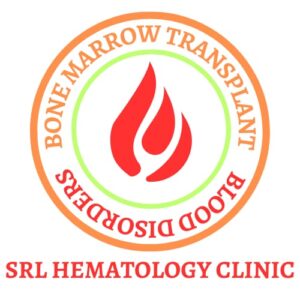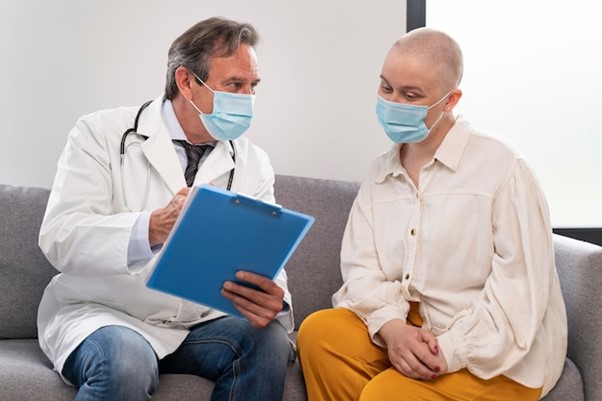Being diagnosed with esophageal cancer is life changing. The path through treatment and recovery can be both emotionally and physically demanding. However, understanding what to expect during treatment and recovery, and knowing how to manage the difficulties, can make a significant difference in maintaining quality of life. This guide offers helpful tips for coping with treatment and recovery after esophageal cancer.
Understanding Your Treatment Options
Esophageal cancer treatment usually involves surgery, chemotherapy, radiation, or a combination of these. Surgery may involve removing part of the esophagus, while chemotherapy and radiation target cancer cells. Understanding your treatment plan is crucial, as each type has different side effects and impacts recovery. It’s essential to ask your healthcare team about what each treatment involves and how it may affect your daily life. Anticipating what’s to come helps you get ready, both mentally and physically, for the upcoming changes.
Managing Treatment Side Effects
Treatment for esophageal cancer can lead to side effects, such as fatigue, nausea, difficulty swallowing, and changes in appetite. These side effects vary from person to person but are often manageable. You can manage fatigue by getting plenty of rest, pacing yourself throughout the day, and asking for help when needed. To combat nausea and loss of appetite, try eating smaller meals more frequently and consult your doctor about medications that can help. If swallowing becomes difficult, your doctor might suggest a feeding tube or soft foods that are easier to swallow.
Maintaining Emotional Well-being
The emotional toll of cancer treatment is real. It’s normal to feel anxious, scared, or overwhelmed. Many patients struggle with depression or feelings of isolation during this time. Coping with these emotions involves seeking support from friends, family, or professionals. Speaking with a counselor or joining a support group for cancer patients can provide an outlet to express your feelings. It’s important to recognize that mental health is equally important as physical health in recovery, and reaching out for support is a reflection of inner strength.
Nutrition and Eating Well During Recovery
After treatment, maintaining proper nutrition is vital for recovery. Esophageal cancer treatments can impact your ability to eat and digest food. Eating a balanced diet can help you regain strength, maintain energy levels, and promote healing. Focus on nutrient-rich foods, including lean proteins, fruits, vegetables, and whole grains. If swallowing is difficult, try pureeing foods or drinking smoothies. Your healthcare provider or a nutritionist can help create a plan that works for you, considering any dietary restrictions or needs.
Physical Activity and Rehabilitation
While it’s important to rest during treatment, physical activity plays a key role in recovery. Regular movement can help reduce fatigue, improve mood, and speed up the recovery process. Start slowly with light activities such as walking or gentle stretching, and gradually increase intensity as your strength improves. Rehabilitation therapies, like physical therapy or swallowing therapy, may also be recommended to help you regain physical function.
Moving Forward with Hope
Coping with esophageal cancer treatment and recovery can be a difficult journey, but it is possible to live well throughout the process. By understanding your treatment options, managing side effects, seeking emotional support, maintaining good nutrition, and staying physically active, you can improve your quality of life. Always remember that you’re not alone—support is available, and with time, patience, and care, recovery can lead to a renewed sense of strength and resilience.

